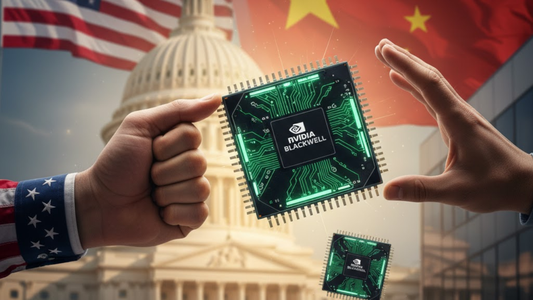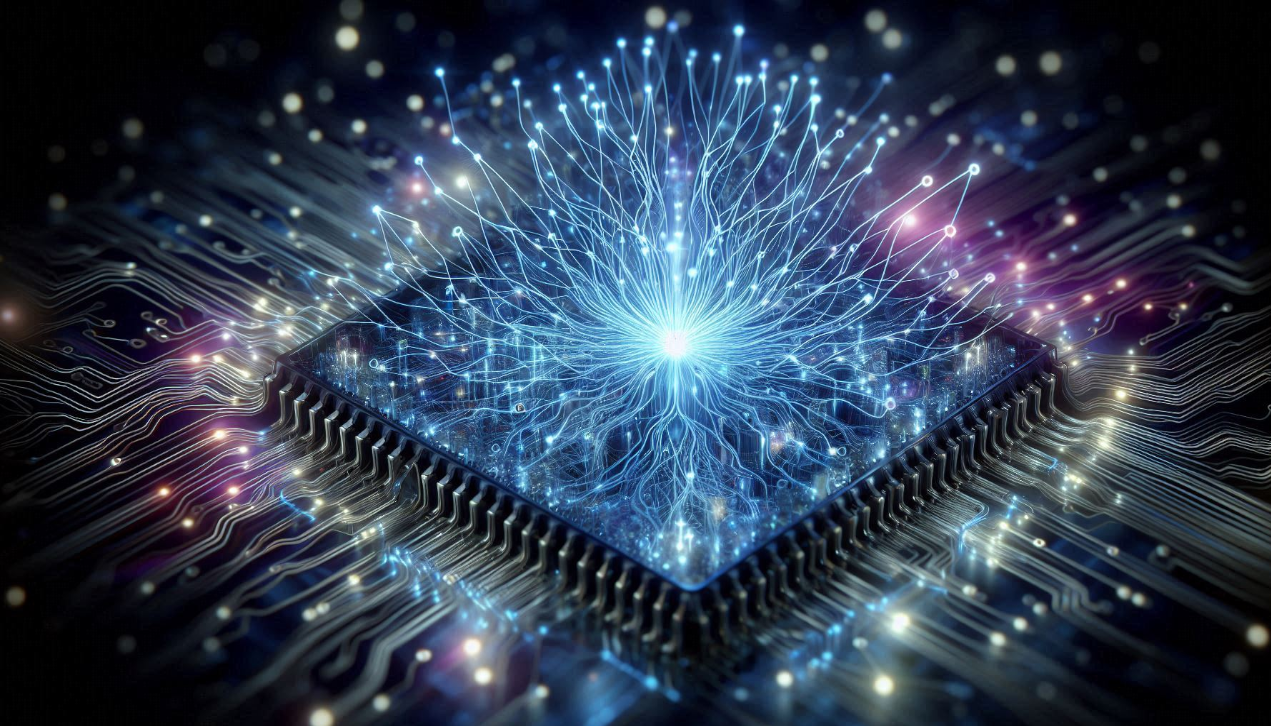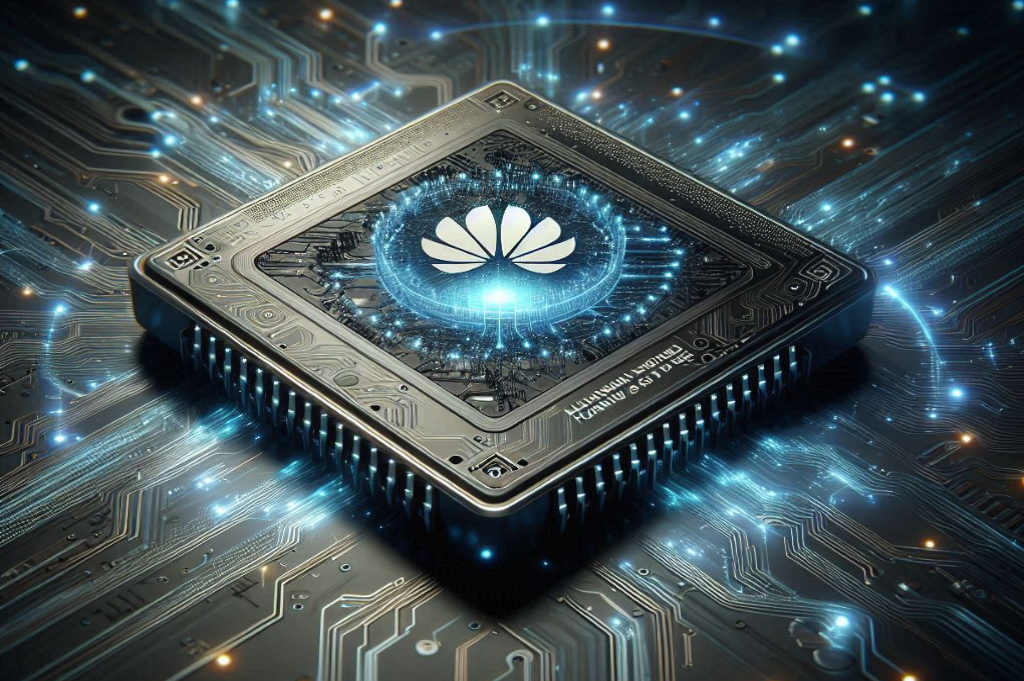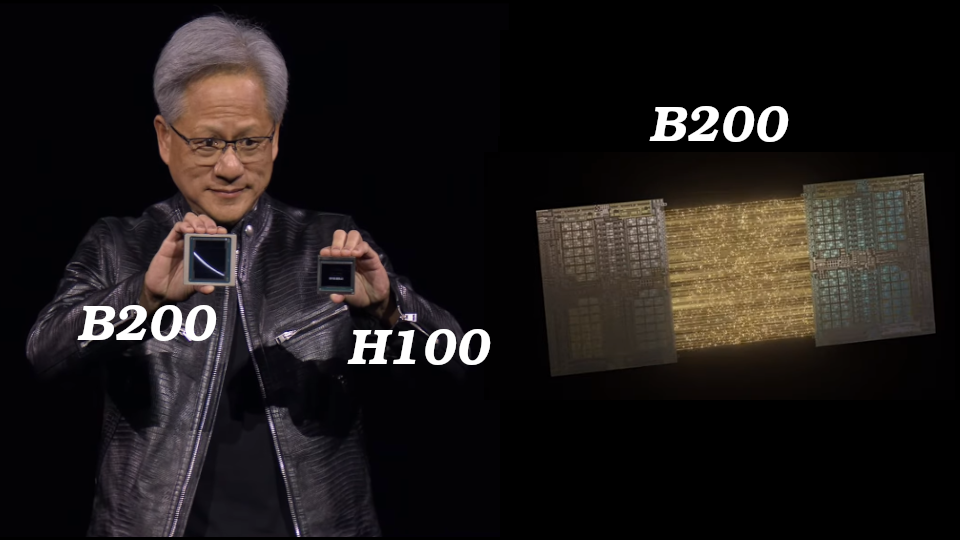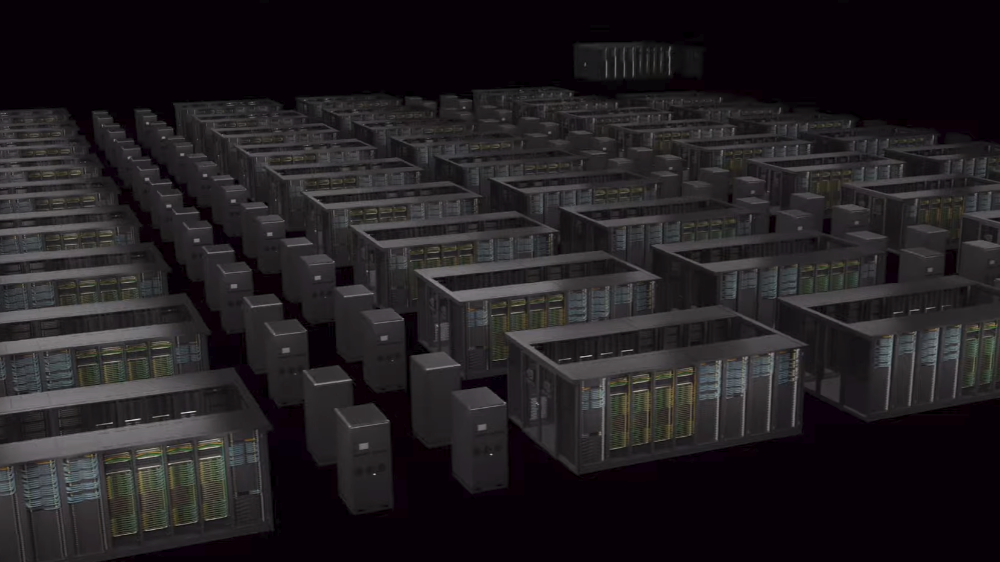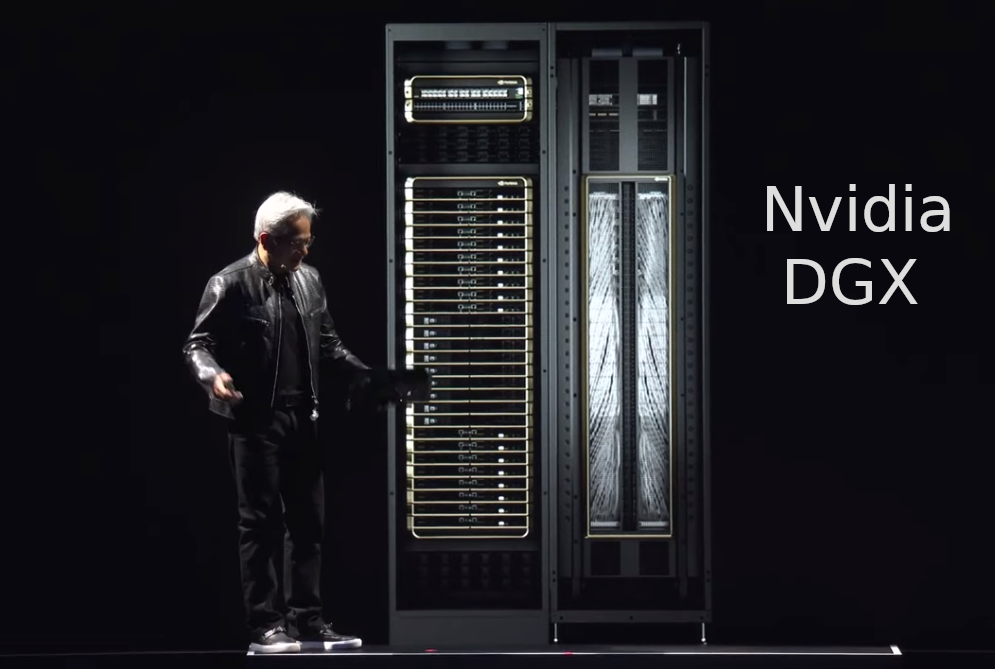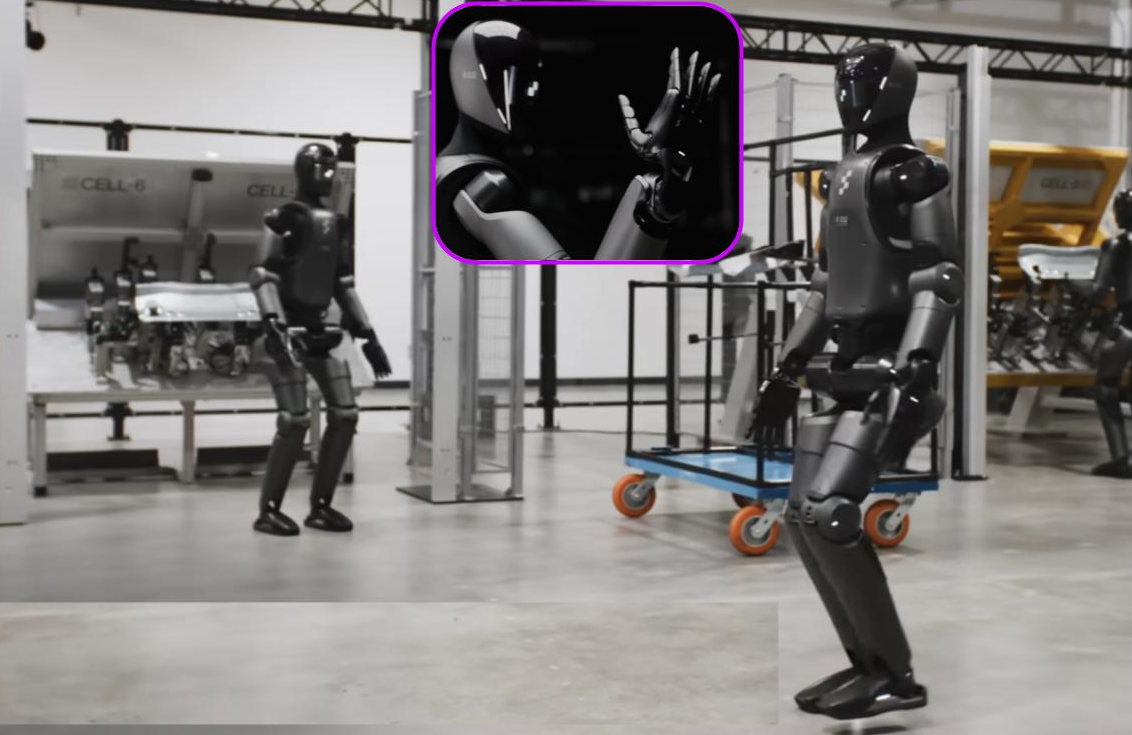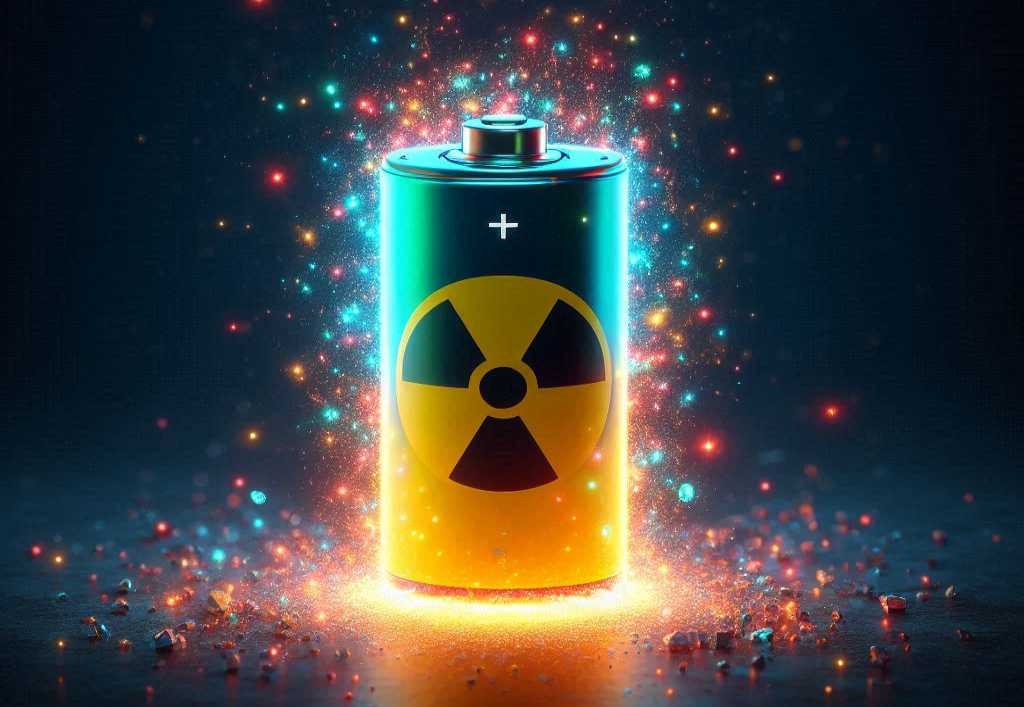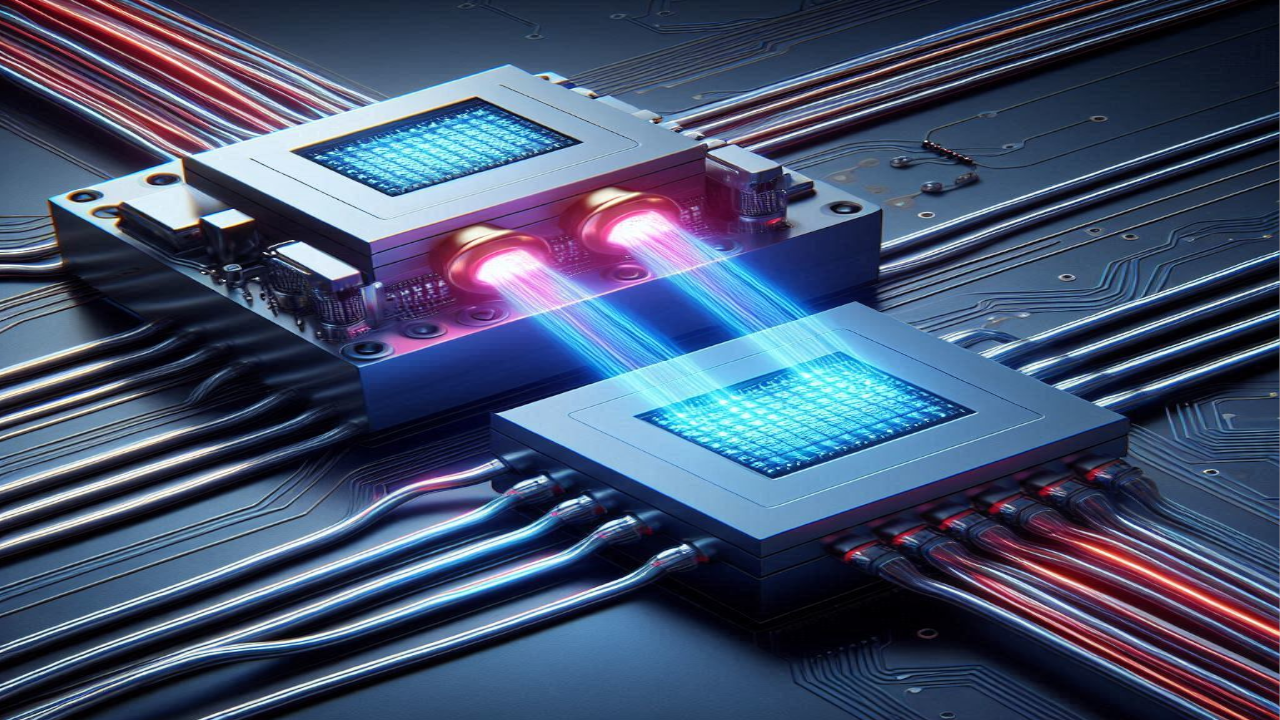After meeting with Chinese President Xi Jinping in October 2025, US President Donald Trump announced that he would not approve the export of Blackwell chips to China, describing them as “super chips.” This architecture is the latest and most powerful in Nvidia’s series of AI processors and is used in advanced artificial intelligence applications.
Earlier this year, the US administration allowed Nvidia to export previous-generation chips such as the H20, a watered-down version of the Hopper architecture specifically designed to comply with US restrictions. Although these chips do not match the performance of Blackwell, they were an attempt by Nvidia to maintain its presence in the Chinese market after its share had significantly declined. However, this attempt was not widely welcomed in China.
Despite strong demand for the H20 chips from Chinese companies, the Chinese government instructed its major companies to pull back from purchasing them, a move that reflects a strategic direction toward reducing reliance on US technology. This trend coincided with the announcement by Huawei of new chips believed to be theoretically similar in efficiency, which could boost confidence in domestic alternatives.
According to statements by Nvidia’s CEO, Jensen Huang, the company no longer relies on the Chinese market in its core plans, but hopes to return if political circumstances change.
The Ongoing Dilemma in the AI Market
The current situation reflects a double dilemma: China does not want the previous generations, and U.S. will not sell them the latest. While Nvidia attempts to maneuver between political restrictions and commercial opportunities, the future of artificial intelligence in China remains dependent on its ability to develop local chips and systems that match US performance.
